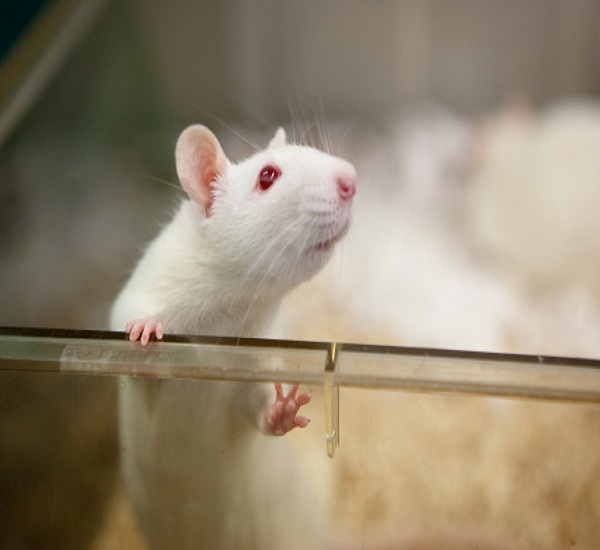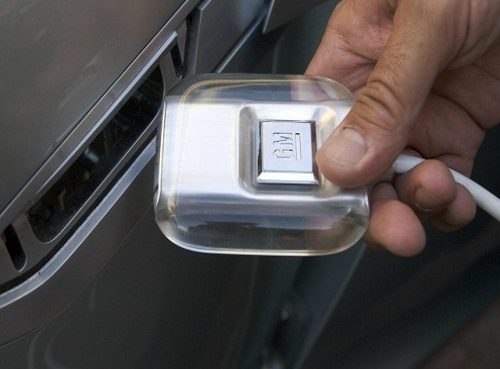A controversial experiment to create “human-animal hybrids” using gene-manipulation science has been approved in Japan.
Scientists will now attempt to grow human organs inside rats and mice — with the hope to eventually do the same with pigs in order to transplant them to hospital patients.
It attempts to solve a major health care problem: the short supply of human organs for transplants.
If scientists can produce their own organs inside animals and then harvest them, it removes the need for human organ donors and would effectively create an unlimited supply of organs.
“Human organs will not be created immediately,” said Hiromitsu Nakauchi, professor at the University of Tokyo and a researcher on the project, speaking to Asahi.
“But if this method is realized, it will be able to save the lives of many people.”
Japan’s Ministry of Education, Culture, Sports, Science and Technology signed off the researchers’ request this week.
It will allow them to create human pancreases in rodents using stem cells.
“Finally, we are in a position to start serious studies in this field after 10 years of preparation,” said Hiromitsu.
So how does it work?
First, researchers will create fertilized eggs of rats and mice.
But the genes of these eggs will be “manipulated” so that the rats and mice don’t have the ability to create their own pancreases.
Scientists will then place human stem cells (iPS cells) into the fertilized eggs.
The result will be an “animal-human chimeric embryo,” researchers say.
These mutant embryos will then be transplanted into the wombs of female rats or mice.
Shortly thereafter, human pancreases will begin to grow inside the babies’ bodies.
The scientists involved have vowed to “suspend the experiment” if more than 30% of the rodents’ brains are made up of human cells.
Unsurprisingly, animal experts have been quick to condemn the research.
Speaking to The Sun earlier this year, Julia Baines, senior projects and science policy adviser at PETA, said finding organs for people is a “laudable goal” but said the end didn’t justify the means.
“Interfering with the genes of intelligent, sensitive animals in a quest to create organ factories for humans is out of touch and a waste of lives, time and money,” Baines said.
“Although the pancreas is involved in glucose regulation, mice and rats differ from humans at every fundamental biological tier of regulation, from nucleic acids, proteins, pathways, cells, tissues and organs to disease progression at the organism level.
“Factor in dramatic differences in environmental exposure and autonomy of lifestyle and, unsurprisingly, history teaches us that transplanting organs from one species into another has been a total failure. Instead, we should be encouraging more people to register as organ donors and investing in cutting-edge, non-animal science so as to minimize the need for organ transplants in the first place.”
Baines added: “And we’d do well to remember that animals are individuals, not spare parts.”
The study takes advantage of revised government guidelines, which previously banned this type of study.
New guidelines allow scientists to transplant fertilized eggs into animals with no limit on the “period of cultivation.”
However, the mating of animals that have been born this way is banned.
In this particular experiment, researchers won’t proceed to the point where babies are born.
Instead, embryos will be removed “at the halfway point” to see if the pancreases have been created normally and if human cells have spread elsewhere.
The end goal is to translate this research into organ growth within larger animals that are closer to humans, like pigs.
Being able to create pancreases on demand could be life-changing, with transplants working as a “cure” for some patients with Type 1 diabetes.
Source: Nypost











Generique Cialis Livraison Rapide Tomar Viagra Sin Necesidad Canada Drug Amex [url=http://leviprices.com]levitra samples overnight[/url] Nasonex Donormyl Kaufen Amoxicillin Caldeate Potassium Side Effects